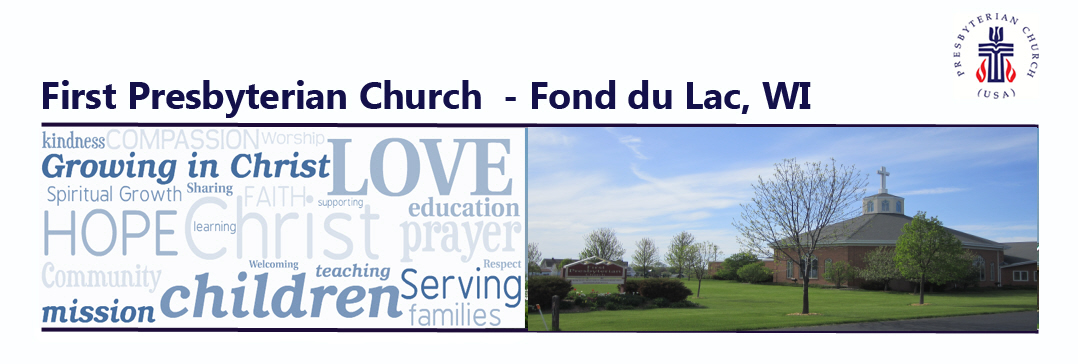Theme: Our confidence and joy come from seeing the Kingdom of God and God’s righteousness shared with the world around us.
Purpose: The congregation will seek to participate with God’s work of transforming and making things right in the world.
Scriptures: Ephesians 1:3-14 God has made his work complete in adopting us as children at the right appointed time.
Luke 17:20-37 Pharisees ask where the Kingdom of God is. Jesus warns that the kingdom comes unseen and unexpected.
Questions:
Why don’t the Catholics say: “Thine is the Kingdom and power?” Is it they want to get out of church faster? What is the glory of God? “Forever?” Seems a little much. There’s got to be an end somewhere. How do we know that the Kingdom of God is coming? What does it mean when Jesus says that the Pharisees cannot see the Kingdom of God? Why is God’s reign a monarchy and not a president or prime minister? How do we understand God’s reign as a King? How are we supposed to understand Jesus’ warning about the kingdom coming unexpectedly?
Click HERE to listen to the message.
